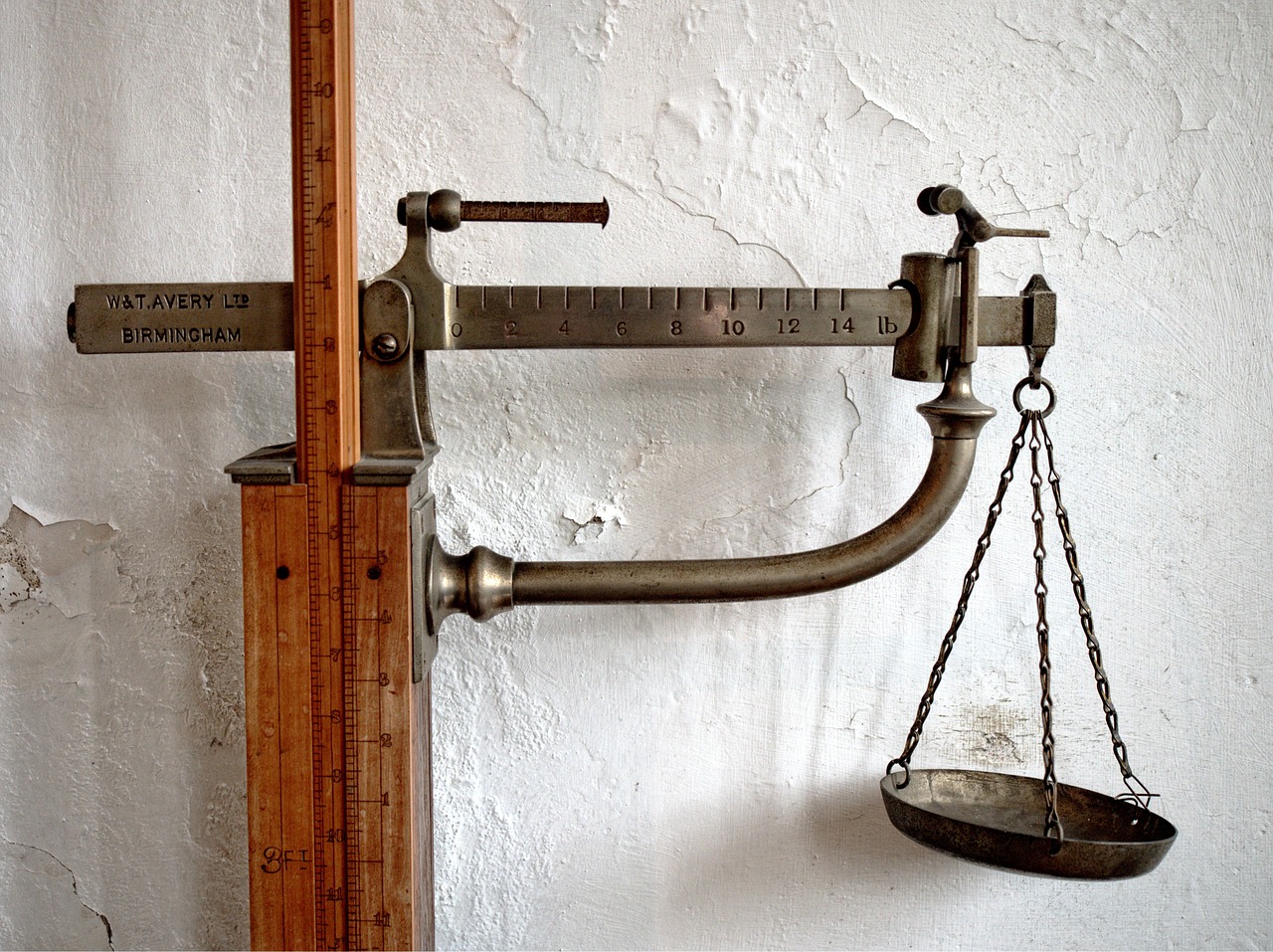You may find it difficult to decide whether or not you should change your weight, however, even without your own decisions, you may have noticed fluctuations in your body weight from time to time. Are you thinking of an explanation? Probably, your weight change may have occurred as a result of excessive exercise or eating more.
In the meantime, focus your attention on other goals by accepting these changes as the right decision for you at this time. For example, if you make up your mind that now is the right time, start by changing those things you’re always comfortable with. However, there is no need to rush over it, remember the saying “slow and steady wins the race”.
The following questions are essential when it comes to personal decision in changing your weight.
- Why change my weight?
Is there any personal reason why you should change your weight? As a result, every individual has his/her own reason for losing or gaining weight. The most likely reason why many of us want to get rid of our current weight may be because of physical, emotional, or psychological health problems. Examine for yourself why you want to change.
For example, the reason why I want to change my weight is that….
- I want to control my blood sugar and lessen my disease symptoms (e.g. shortness of breath, fatigue, pain)
- I want to feel good about my self
- I want to change the perception of others towards me
- I need enough energy to perform my daily duties
Do you have any other reason; jot them down on the comments below.
2. What will I have to change?
There are two common ingredients for successful weight management:
- Making changes in your usual eating patterns
- Developing an active lifestyle
Each of these involves:
Changing your eating habits

This is a process of making small sudden changes in what you eat. It may mean changing the quantity or emphasis of certain foods you eat.
To get started, here’s a quick tip for you; it’s called the “200 plan” and includes both ingredients for making changes in your eating plans, successful weight management, and physical activity.
The “200 plan.”
Eat 100 fewer calories and exercise daily to use up 100 more calories. As a result, this “200 plan” technique will enable you to lose up to 20 pounds in a year!
However, you may be asking yourself;
Is it possible to eat 100 fewer calories a day? Yes, just cut out a medium-size cookie, or one slice of bread, or the amount of margarine or butter you put on a slice of toast, or half a candy bar.
Which method can I implement to use up about 100 more calories a day easily? Add another 20 to 30 minutes to your regular exercise schedule, such as bicycling, gardening, dancing or walking. Also, use the stairs more, and park a distance away from the store.
While many of us are struggling with losing weight and keeping it off, some people with chronic conditions, on the other hand, struggle to maintain or gain a healthy weight.
However, if you experience extreme or a regular weight loss because your condition or treatment depletes your body of valuable nutrients or interferes with your appetite, you’ll have to work at gaining weight.
3. Am I prepared to change for good?

Now, we all know that success is essential in weight management; therefore, the next step is to decide whether or not you want to make these changes. If you’re not ready, you may find yourself discouraged from those gross weight “ups and downs” which is also unhealthy. As a result, to plan, you may consider the following type of questions:
- Is there something or someone that will help you change more easily?
- Are there any obstacles or challenges that will keep you from changing the way you eat or from being more active?
- Do you have any commitments that can keep you from carrying out your plans successfully, such as worries or concerns about friends, family, or work?
Looking forward at these factors can help you minimize problems you may encounter ahead as well as find ways to build support for desired changes. Moreover, it’s important to set a date in the future (if it’s not the right time for you to start anything) when you will reevaluate these changes.
Furthermore, the first thing for you to get started is to monitor what you are currently doing. For example, for you to identify where you might be able to add some exercise, you’ll need to note down your daily routine. You can also record your food diary for a week to see when, what, why, and how much you eat. As a result, this can help you recognize where and how to make changes in your eating routine, as well as to shop for and prepare meals.
Besides, the diary may also provide you with clear information about the relationship between your emotions, eating patterns or other symptoms. Therefore, before you change your weight, allow yourself more time to get used to it.


